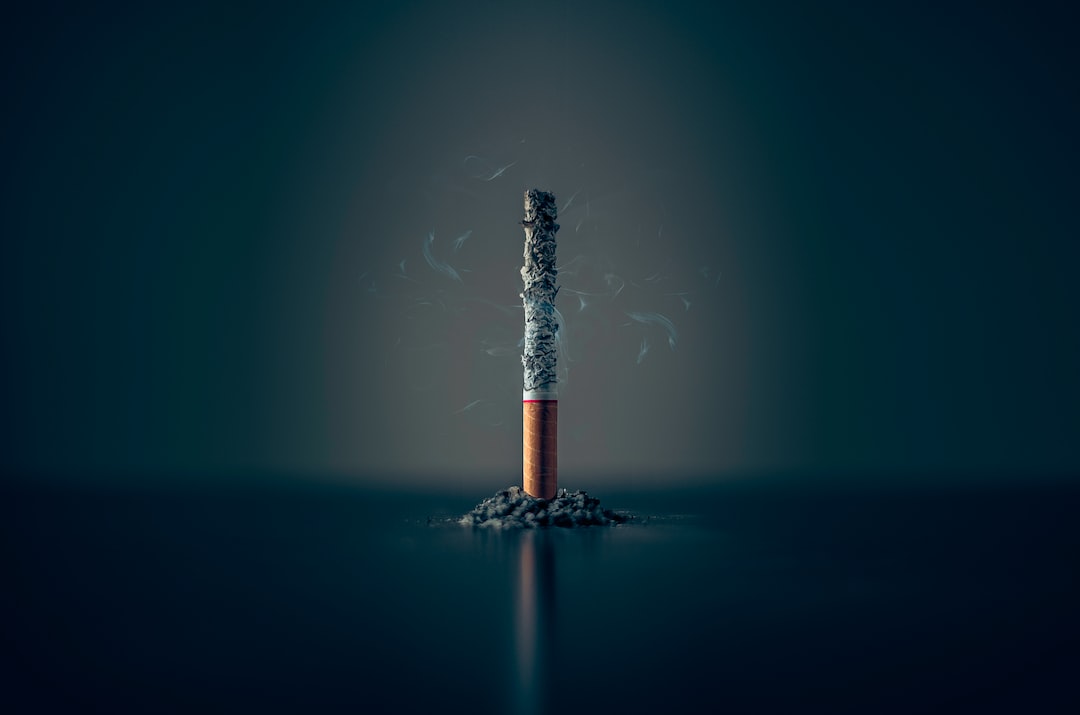Cigarette butts are the number one form of litter. They pollute beaches, parks, open-air shopping malls, and college campuses. Research shows that despite some responsible smokers carrying pouches or tins as portable ashtrays, most toss, flick, and fling their butts. Cigarette butt litter often occurs at “transition points” like entrances to buildings and bus stops. The solution starts with you.
Join a Clean-up
Cigarette butts are more than an eyesore; they are toxic trash that poisons the environment and humans. As a result of improperly discarded cigarettes, the butts leach harmful chemicals such as arsenic and lead into soil and water. When smoking, they can cause wildfires that burn property and natural habitats. They also carry a high risk of fires that can hurt or kill people and animals. While many communities have cigarette litter prevention programs, they can only stop the problem with public participation. Volunteers are needed to collect, recycle and dispose of cigarette butts at beaches, parks and neighborhoods.
Organize your friends and family or join an existing clean-up effort. Several organizations specialize in cigarette butt clean-ups. Some can even repurpose the butts into plastic pallets, butt-based building materials and more. More and more cities, public beaches, parks, and open-air shopping malls are creating designated smoking areas where smokers can safely discard their butts without harming others or polluting the environment. These areas are often accompanied by ash receptacles, seating and lighting, all of which make it more convenient for smokers to comply with environmental regulations. Cigarette butt litter can cost taxpayers in the form of increased sidewalk and street sweeping, park maintenance and waste disposal costs. It can also create a sense of unsafety and a perception that the community is not cared for, which decreases property values and quality of life.
Educate Others
Educating smokers and non-smokers about the harm caused by butt litter can help shift attitudes. When butts are discarded, they often go into storm drains and rivers that transport them to the ocean, where they become a toxic “tobacco tea” that can cause fish and other wildlife to die. In one study, 86% of smokers considered cigarette butts to be litter, and almost three-quarters reported either ever or past-month littering with them. Men were likelier than women to say ever-littering butts; however, observational studies suggest that men and women are equal opportunities, scofflaws, when throwing butts on the ground or out of a car window. To combat cigarette butt litter, many public beaches, parks, open-air shopping malls, and college campuses are designating smoking areas with special ash receptacles that smokers can use. These areas are usually promoted for health reasons (secondhand smoke) and fire prevention, but they can also serve as effective cigarette litter control measures. Changing attitudes and behavior requires more than just education; it also involves implementing innovative solutions.
Make Changes in Your Behavior
Cigarette butts aren’t just litter; they are toxic trash that leaches toxins into land and water, contributing to air, soil and water pollution. The main component of cigarette butts is non-biodegradable plastic fibers, which can take up to 15 years to decompose. They can also be ignited by a flame, thrown onto vegetation and dropped into sewers, which can cause fires that threaten public safety. A 2011 study examined smokers’ attitudes, beliefs and behaviors about cigarette butt littering. It was the first national non-industry sponsored survey to examine cigarette littering behavior and perceptions. The results showed cigarette butts were the most commonly reported item collected in beach clean-ups. Despite this, three-quarters surveyed said throwing their cigarette butts on the ground or out of a car window at once.
The study used multivariate logistic regression to analyze the data. Five of the eleven variables in the model were significantly related to whether or not respondents reported ever littering a cigarette butt. The strongest relationship was with the belief that cigarette butts are litter, followed by being bothered by seeing cigarette butts and considering cigarette butts as trash. Many factors can increase or decrease cigarette butt littering, including the availability of ash receptacles, smoking bans and ordinances that push smokers outdoors, and litter education campaigns. Encouragement of pocket ashtrays, which are small trays that fit inside a pocketbook or jacket and allow smokers to be personally accountable for properly disposing of their butts, is one straightforward adjustment that can significantly impact.
Take Action
Cigarette butts are not just unsightly; they are also dangerous to wildlife and a public health hazard. They contaminate soil and waterways, leach toxic chemicals like arsenic and lead and cause fire hazards. Tobacco butts are also constructed of plastic, which prevents them from degrading. Instead, the cellulose acetate fibers that make up the filter break down into microplastics, which can linger in the environment for a very long period. While it is unsurprising that smokers litter cigarette butts, campaigns to address this issue must be broad. One way is to encourage all smokers to put their butts in trash cans, not on the ground or out a car window. Other ways to take action include increasing access to receptacles, educating people about the harm of cigarette butts and encouraging communities to adopt comprehensive butt-related policies.
Messages should emphasize that cigarette butts are not just litter but toxic waste that threatens the environment and human health. They should also highlight that not just smoking but the entire tobacco industry needs to be held accountable for its contribution to cigarette butt litter. Other solutions to cigarette butt litter include legislation mandating that all cigarettes have a sealable return envelope and requiring receptacles for butts at the point of sale. A law imposing a per-cigarette or per-package fee on cigarette purchases could also help reduce butt litter, as it would discourage smoking and might increase the cost of purchasing cigarettes, which are already expensive enough.


